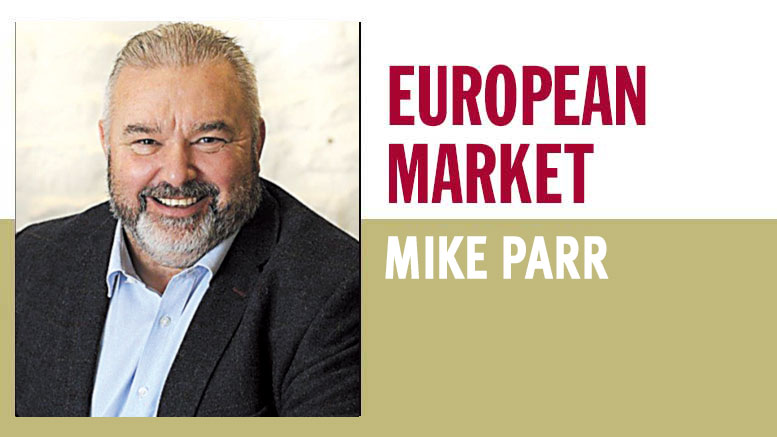Unanimous Vote in Favor of Approved Operator Scheme — But Will the Government Listen?
June 4, 2025 | 3 min to read
On March 6, industry members met with Defra to express concerns over proposed 27% increases in plant health fees, which could escalate annual import costs from £6.5 million to at least £16 million. The Fresh Produce Consortium criticized the lack of timely data for a meaningful response before the consultation deadline, raising doubts about the government’s commitment to collaborating with stakeholders. Delegates endorsed the Approved Operator Scheme to streamline customs checks, while a joint letter warned of the significant impact on U.K. businesses.

On March 6, I attended a meeting set up by the Fresh Produce Consortium (FPC) for industry members to discuss their thoughts on the proposed changes to plant health fees with Defra (U.K.’s Department for Environment, Food & Rural Affairs). Specifically, the meeting was designed to enable members to put forward their concerns regarding the impact these changes are likely to have on their business.
Defra’s argument for the increase in fees is that it has been five years (2019) since the fees were last refreshed, and this would enable full cost recovery — the fee increase would cover all the costs associated with the rollout of the scheme, including a portion of overhead costs.
The suggested increase is 27%, which represents a significant hike in costs at a time when the industry is already reeling from so many other post-Brexit changes, not least the Common User Charge and monies spent to adapt systems and train staff to manage the required new protocols.
The FPC estimates the plans to increase the charges associated with plants and plant material imports could represent a rise in annual import fees from £6.5 million ($7 million) to at least £16 million ($17.3 million), if the proposals get the green light, with as much as 95% of the additional costs allocated to the U.K. fruit, vegetable and plant sectors.
Is this really the government’s idea of “working with industry stakeholders?”
While delegates naturally raised the question of Defra efficiencies to make this increase more palatable, the government line at this point was that limited data is currently available, but information would be released in the near future. That would be fine were it not for the fact that the consultation period ends in two weeks’ time, so how is it possible to make an informed response if the data is not forthcoming ahead of the consultation deadline?
This effectively means we are commenting on a matter blindly, without the critical facts in hand. Is this really the government’s idea of “working with industry stakeholders?”
In the context of this discussion, a primary point for debate was also an update on the physical and I.D. inspection fees, for European and Rest of World imported goods, and how these would be handled.
In a room that was largely filled with importers, it was gratifying to see a unanimous vote in favor of the Approved Operator Scheme (AOS) as the most viable solution to the new required border control checks, which allows eligible trained traders to carry out their own physical and identify checks.
Given the fact PML Seafrigo invested in this training as far back as 2023, this would be welcome news. The pilot for this initiative was due to run from June to December 2024, with post-pilot evaluation scheduled between December 2024 and February 2025. Yet during this time, PML Seafrigo has been unable to provide the service associated with Approved Operator status.
Early adopters of the scheme, such as PML Seafrigo, will have waited for over two years post training for the scheme to be rolled out, which seems an excessively long period, given the evaluation of the pilot is only allocated three months?
While the room voted a resounding yes to the AOS, the final decision will, of course, be with the ministerial team.
Before the closure of the consultation period, the FPC joined forces with the Horticultural Trades Association and The British Potato Trade Association to send a joint letter to Baroness Hayman of Ullock, Parliamentary Under Secretary of State at the Department for Environment, Food and Rural Affairs (Defra) with responsibility for biosecurity and borders, and Huw Irranca-Davies MS, Welsh Deputy First Minister and Cabinet Secretary for Climate Change and Rural Affairs, which included a stark warning of the devastating impact the proposed fee increases would have on U.K. businesses.
Let’s just hope this time around, they do actually listen to those working at the coalface, and that this is not yet another example of the government simply paying lip service.

Mike Parr is chief executive, U.K. and Ireland, of PML Seafrigo.
3 of 19 article in Produce Business April 2025

